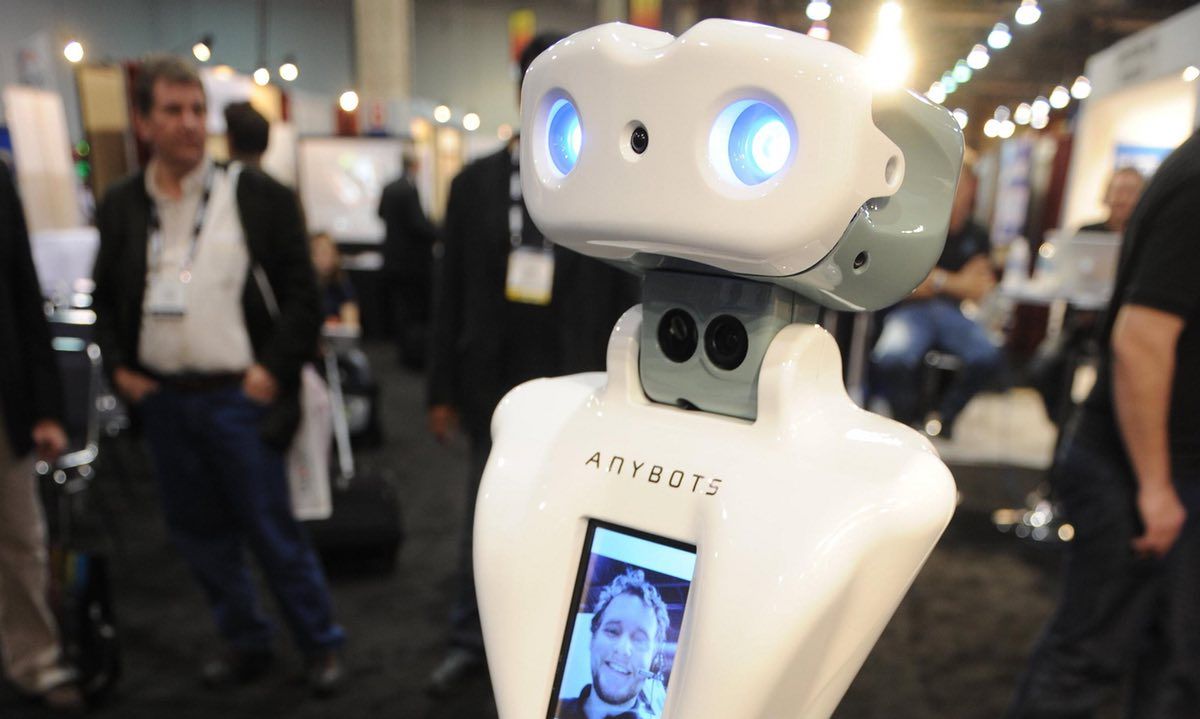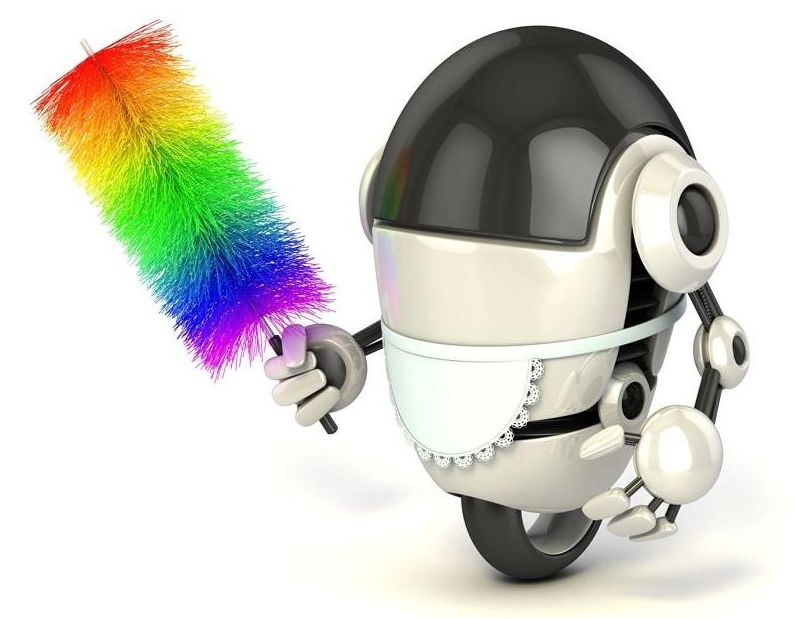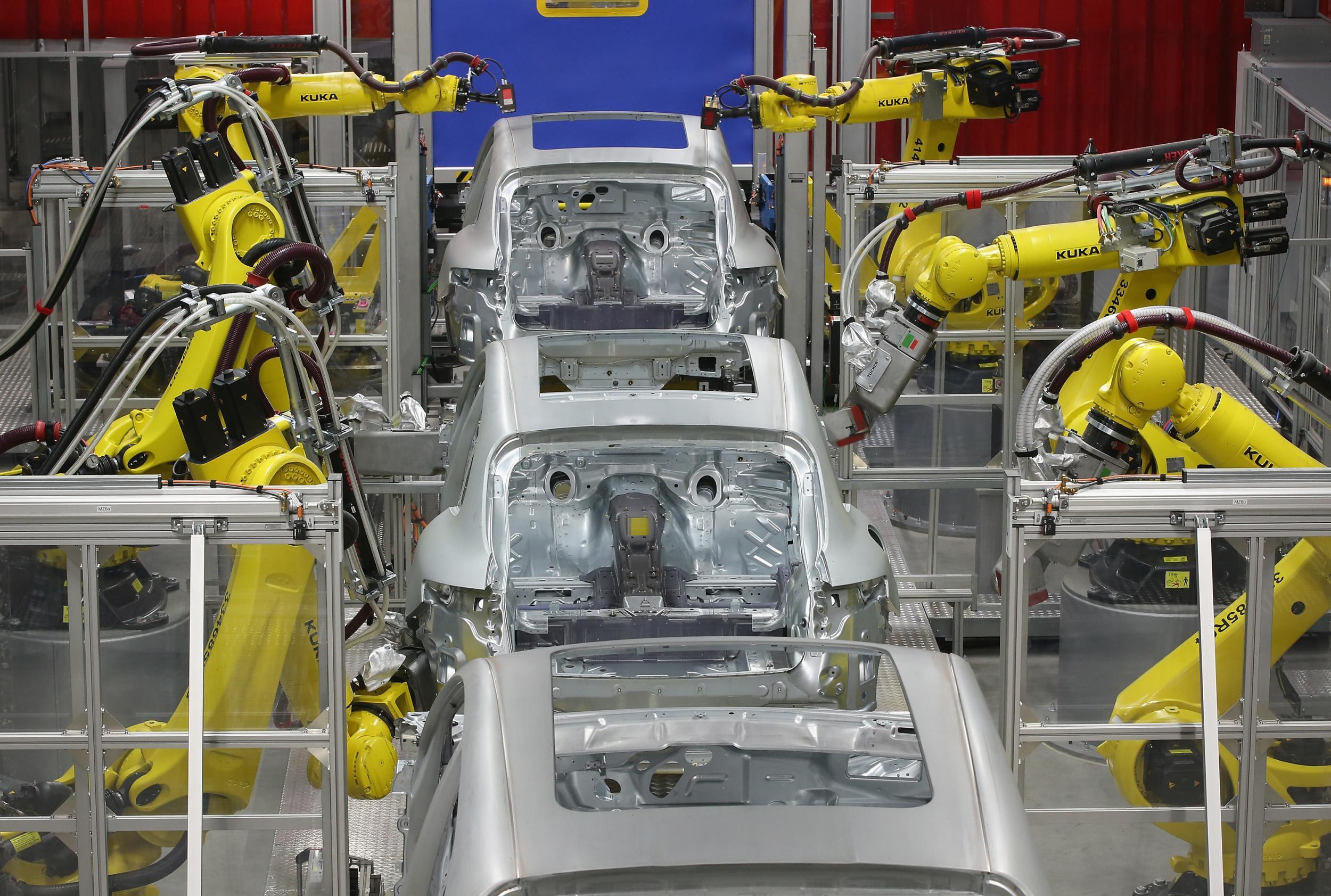Interesting read mostly about the SV income divide. Bottom line, is that we need technology in many ways to save humanity. I know many are questioning that remark. However, since technology has been existence, many have gained through medical treatments, research, and accessibilities to connect with people like we never did in the past. The future of tech holds great promise as a tool to help researchers and medical teams to eliminate cancer, neurological diseases and disorders, enabling the blind to see and the paralyzed to walk. The good does outweigh the bad.
Editor’s note: Income equality — a hot-button political issue — is not going to improve; technology is about to make things much worse. It will, over the next decade, begin to disrupt almost every industry, wipe out millions of jobs, and make the rich even richer. Even though everyone will be able to live better and healthier lives and benefit from the technology advances, the widening gap will cause greater resentment and create a larger cauldron of dissent. This is something we need to be prepared for, writes former Triangle tech entrepreneur-turned-academic Vivek Wadhwa.
SAN FRANCISCO - There are very few issues that Donald Trump, Bernie Sanders, Ted Cruz, and Hillary Clinton all agree on. One of them is the growing problem of inequality in income and wealth. From the extreme left to the extreme right, everyone is angry about the one percent who have the majority of the wealth. There has always been an income and wealth gap, but the divide between average worker and the very wealthy has not been so great since the Roaring Twenties. This is fueling the rise of both the Tea Party and the socialists.
Income equality is not going to improve; technology is about to make things much worse. It will, over the next decade, begin to disrupt almost every industry, wipe out millions of jobs, and make the rich even richer. Even though everyone will be able to live better and healthier lives and benefit from the technology advances, the widening gap will cause greater resentment and create a larger cauldron of dissent. This is something we need to be prepared for.
Read more






